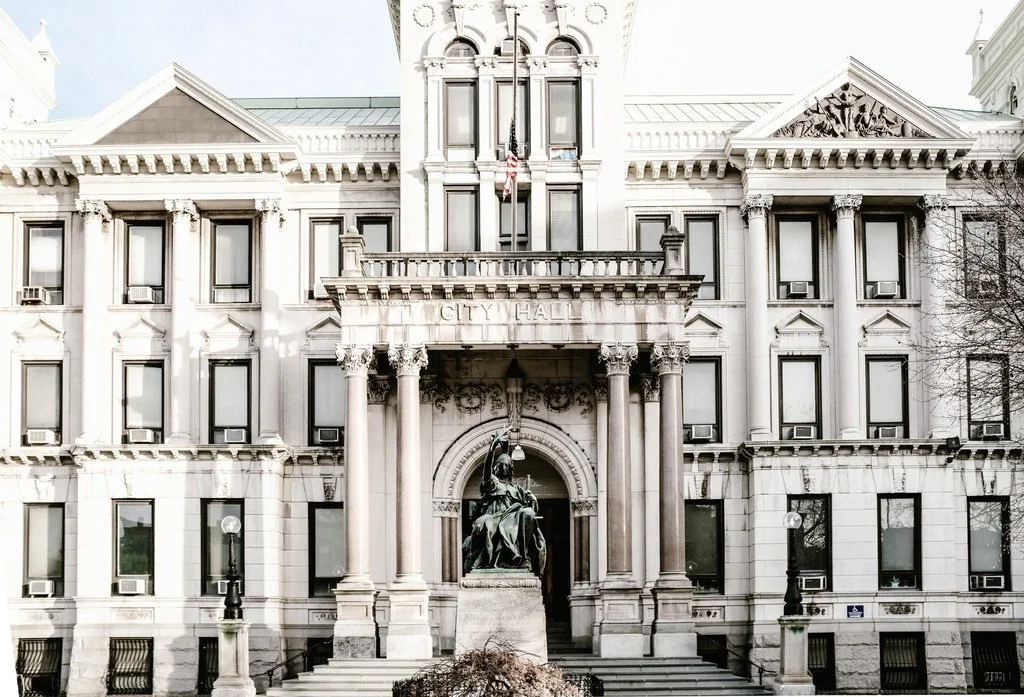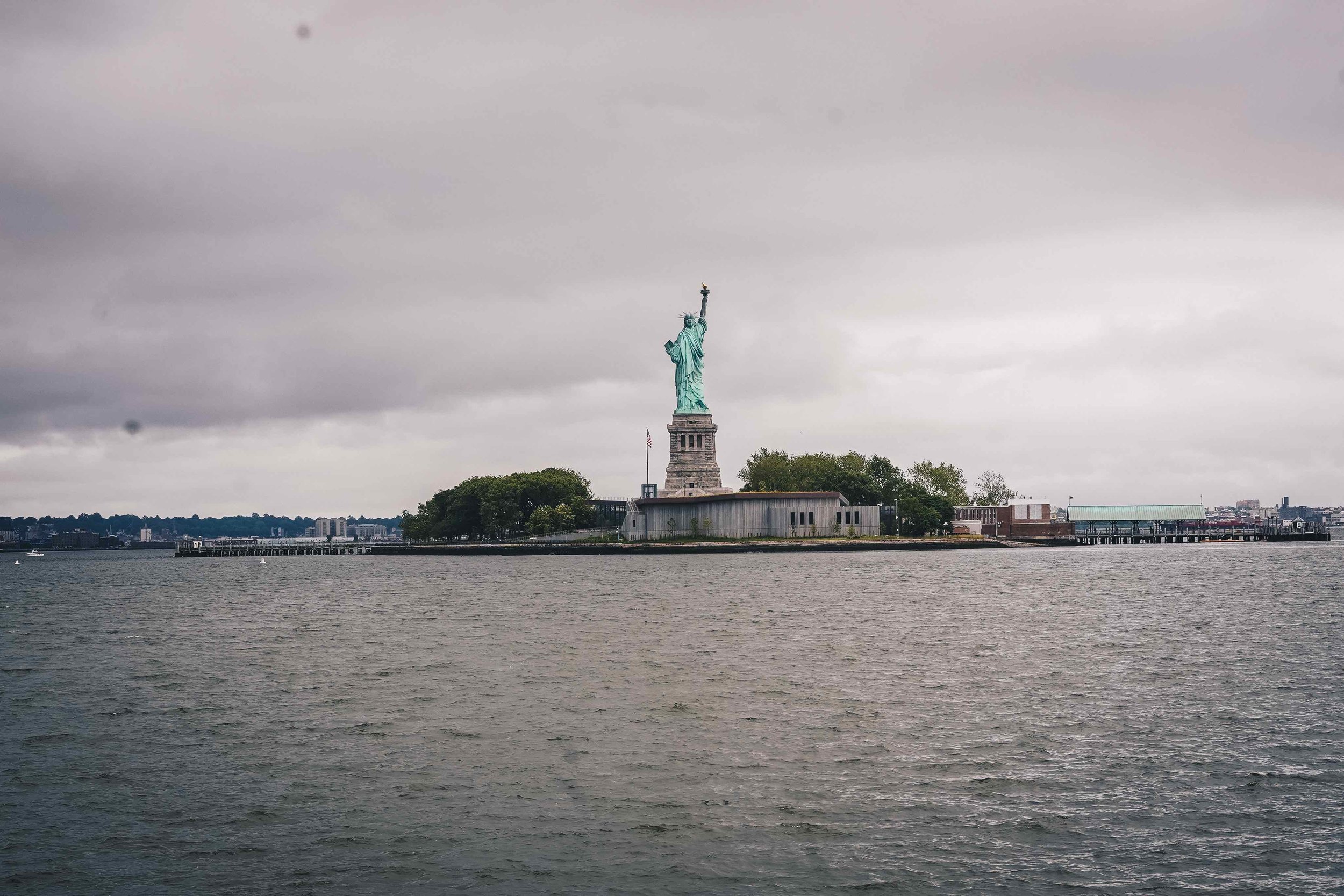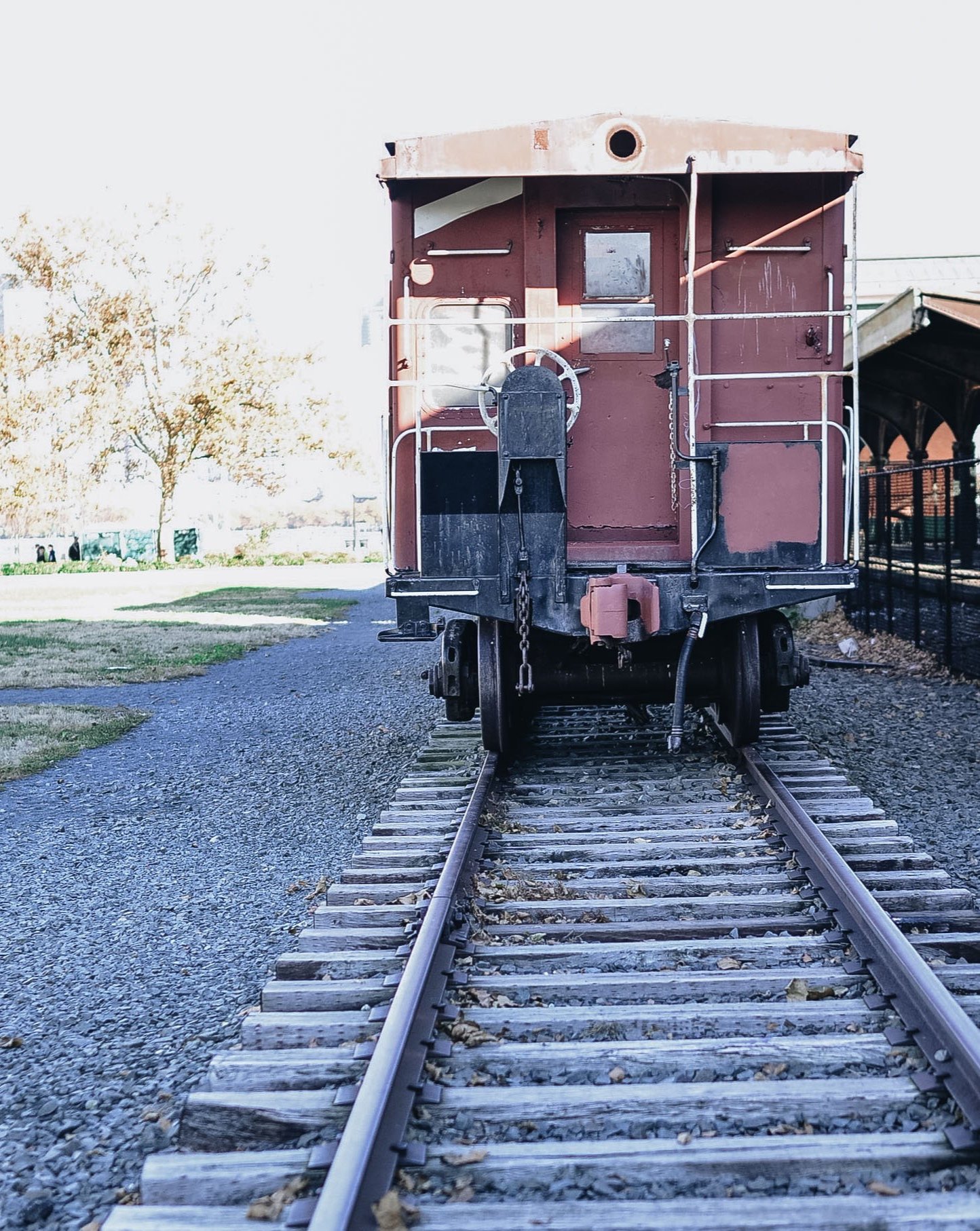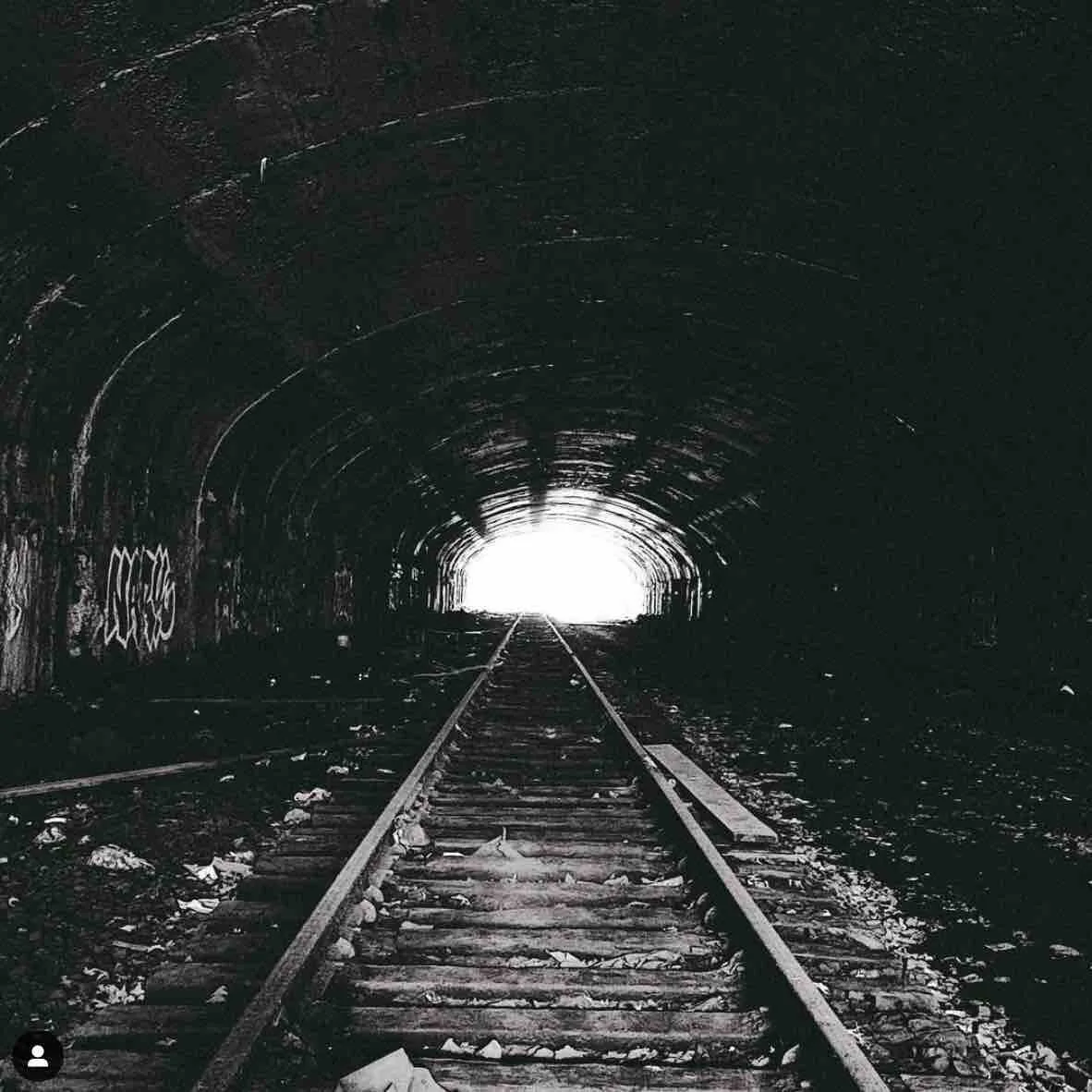Jersey City’s Role in American History
It's not often that a city comes to symbolize an entire movement in American history, but that's exactly what Jersey City has done.
From the founding of the United States to the present day, Jersey City has been one of the most influential cities in our country. Though, while the Jersey City today is recognized as a vibrant and thriving city, its rich history is often overlooked. Jersey City's history is an intricate part of American history, and it is a story that continues to be told today. The city's historical importance in the development of America makes it a unique and special place. Here are a few of the important roles Jersey City has played in getting us to where we are today.
Jersey City’s time as New Jersey’s Capital
Few people know that Jersey City was once the capital of the United States. It was also the site of the first session of the American Congress. After the Revolutionary War, the Continental Congress met in Jersey City in 1784 before moving to Trenton and then Philadelphia. Jersey City served as the capital for only one year, 1785-1786. While Jersey City's time as the American capital was brief, it nonetheless played a significant role in the early history of the United States.
George Washingtons Ties to Jersey City
Jersey City was where George Washington first took the oath of office as President of the United States. It is also said that the Apple Orchards that once surrounded Jersey City’s Historic Apple Tree House was the location where Generals Lafayette and Washington "dined under the shade of a tremendous old appletree" while planning the retreat during the American Revolutionary War.
Read more about Jersey City’s Historic Apple Tree House
Jersey City - The birthplace of Public Schools
The first free public school in America was founded in Jersey City, playing an critical role in the development of American education. In 1804, the city's first free public school was founded. This school helped to set a precedent for free public education in America, and it played an instrumental role in ensuring that all children had access to quality education. Today, Jersey City is still home to many excellent schools, and its commitment to education remains strong. You can read more about Jersey City’s public schools of today in our previous post HERE.
The Statue of Liberty is located in Jersey City
The Statue of Liberty is one of the most recognizable landmarks in the world, and it's located in Jersey City, New Jersey. The statue was a gift from France to the United States, and it was dedicated in 1886. Jersey City has a long history, and it was originally settled by the Dutch in the 1600s. In 1846, Jersey City became a part of the United States when it was annexed by New York City. The Statue of Liberty is located on Liberty Island, which is accessible by ferry from Jersey City. The statue is an icon of freedom and democracy, and it's a popular tourist destination. More than four million people visit the Statue of Liberty each year. The Statue of Liberty is only a third of a mile from the Jersey City shore, and Ellis Island only a fifth of a mile. In 1958, Morris Pesin, a former City Councilman and now chairman of the Jersey City Cultural Arts Commission, paddled a canoe to the Statue of Liberty to publicize its location in Jersey City waters. He did so again in 1961.
The First Railroad in America ran through Jersey City
The first railroad in America was built in 1831 and ran between Jersey City and New York City. The locomotive, named the John Bull, was imported from England and took about an hour to make the journey. From there, railroads quickly became an increasingly vital part of American life, facilitating the movement of people and goods across the country. The Jersey City railroad was also the first to use passenger cars in America and the first to use steam locomotives built by George Stephenson and Robert Fulton.
Jersey City played a pivotal role in this new transportation network, serving as a major terminus for trains heading west. Today, the jersey city Amtrak station is one of the busiest in the country, handling over 100,000 passengers each day. While the railroads have changed tremendously since the early days, they still play a vital role in our nation's economy and in the lives of its citizens and Jersey City is at the Hub of that.
More on Jersey City’s Industrial Past HERE
The First Telegraph Message in America was sent from Jersey City
The telegraph is a technology that revolutionized communication, allowing people to instantly transmit messages across long distances. The first telegraph message in America was transmitted on May 24, 1844, from Jersey City, New Jersey. The message was sent by Samuel Morse, who later developed the Morse code, and it read "What hath God wrought?" The message was sent from the office of the New York and Erie Railroad to its destination in Pennsylvania. It was then onward to Washington D.C. The telegraph soon became an essential tool for businesses and government officials. It played a major role in the development of the American railway system. Today, the telegraph is largely forgotten, but its impact on American society was profound.
Alexander Hamilton was born in Jersey City
Jersey City has a long and storied history, and it is the birthplace of one of America's most influential founding fathers, Alexander Hamilton. Hamilton was born in 1755 in what was then a small town on the banks of the Hudson River. He would go on to play a pivotal role in the American Revolution and the early years of the Republic. As a young man, Hamilton served in the Continental Army, and he later became one of the country's leading statesmen. He was a key author of the Federalist Papers, and he played a major role in shaping the country's economic and financial policies. Jersey City also later became the site of his famous duel with Aaron Burr.
Jersey City's significance in American history does not stop there. In the late 18th century, the city was a major port and commercial center, and it was home to a large number of businesses and institutions. The city's location made it an ideal choice for the nation's capital, and it served as the seat of government from 1785 to 1790. Jersey City's history is deeply intertwined with the early history of the nation, and it continues to be an invaluable part of the American story. Today, jersey city is a vibrant community that is proud of its place in American history; a thriving metropolis with a diverse population. It is home to the Liberty Science Center, Ellis Island, and the Statue of Liberty. The city also has a rich cultural scene, with many museums and theaters. Jersey City is truly a historical gem, an endless exploration of all it has to offer.










